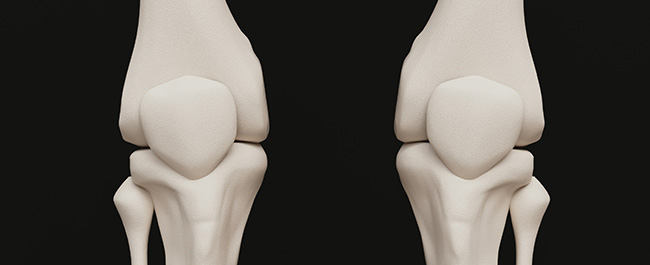HIV, menopause and musculoskeletal health
Understanding the impact of HIV infection and menopause on the musculoskeletal health of African women.
Understanding the impact of HIV infection and menopause on the musculoskeletal health of African women.
Dr Oliver Quick is a recognised authority in Criminal Law and Medical Law, with a special interest in patient safety. His recent research has focused on how prosecutors and experts negotiate criminal law and process in these controversial cases.
New cell analysis procedures have led to improved diagnostic techniques and national standards for cell processing.
Researchers, practitioners and industry bodies across the food chain successfully combined forces for changes in antimicrobial use on farms and in veterinary practices.
Welfare outcome measures and enhanced farm animal management have had a major impact on farming practices and provide greater assurance for consumers.
Research by the University of Bristol supported the UK government’s decision to introduce a new vaccine for UK infants that has led to a 75% reduction in cases.
Bristol leads evaluation and rollout of IRIS programme that improves training and support in GP practices.
Research leads to more targeted and less damaging therapy for nephrotic syndrome.
New research on links between reward and learning can bridge the gap between neuroscience and education, offering the chance to improve scientific understanding of learning amongst teachers.
Research improves understanding of effectiveness and risks.
Bristol has contributed to research that provides a new evidence base for improving care and reducing harm caused by treatments.
Research leads to increased availability of lower-cost treatment for a major worldwide cause of sight loss.
Research profoundly changes the practice of joint replacement globally.
Research provides evidence for the effectiveness of treatment and prevention programmes that have influenced international healthcare policies and reduced cases worldwide.
Research leads to increased availability of lower-cost treatment for a major worldwide cause of sight loss.













